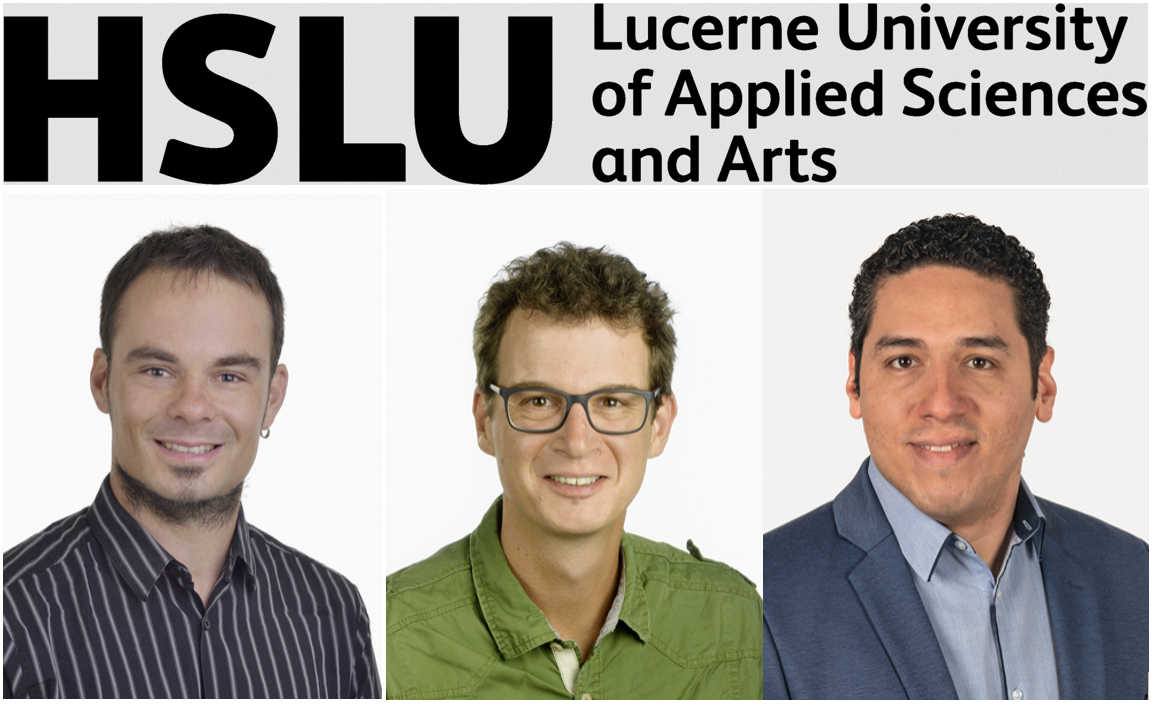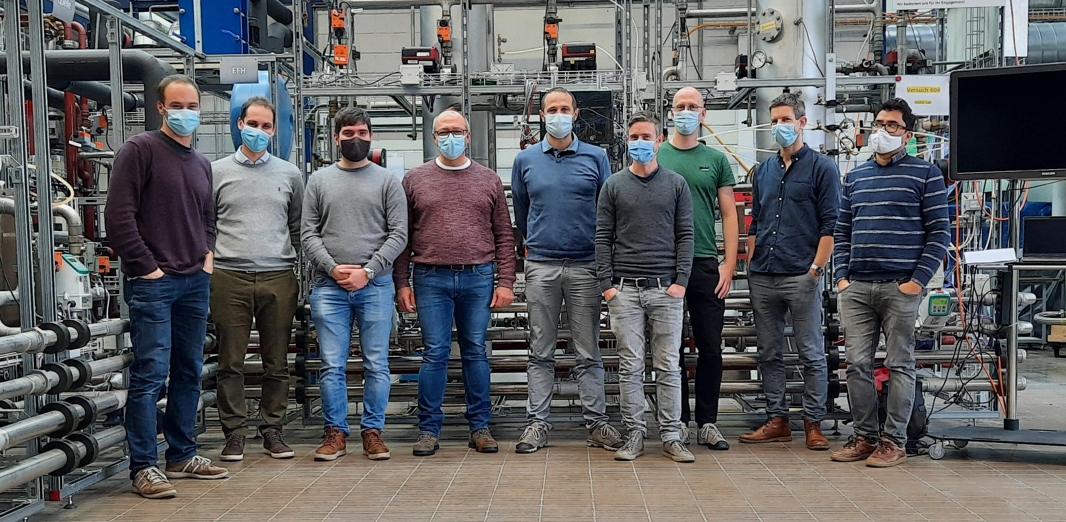Question: Could you describe the topic of your WP?
Answer Tobias Sommer: Our WP concerns the design and optimization of future thermal grids in Switzerland. Thermal grids will meet about 30% of the building’s heating demand by 2050 for the net-zero CO2 target. Currently, it is less than 10%. So we expect a dramatic increase in thermal networks in the future. Additionally, for the decarbonization of the building sector, new thermal networks should be based on renewables and excess heat, which are variable in space and time and available at relatively low temperatures. The future generation of thermal networks must cope with this inherent dynamic by damping temporal fluctuations using thermal storage and sophisticated control strategies. Additionally, we observe a growing demand for cooling. Cooling can be provided directly, meaning without chillers, when network temperatures are below 20 °C. In WP03, we develop guidelines and tools to design and optimize future thermal networks for heating and cooling.
Question: How does it relate to DeCarbCH?
T. Sommer: DeCarbCH deals with the decarbonisation of the heating and cooling sector, in line with the “Energieperspektiven 2050+”. Various studies demonstrate that thermal grids are essential for reaching net-zero CO2 emissions by 2050 latest. So here we go, there is the direct relation.
Question: What are the main objectives?
T. Sommer: We develop tools that enable relevant stakeholders to design and optimize future thermal networks suitable for heating and cooling for future thermal grids. In addition, we want to develop and understand new thermal grid concepts and their underlying control algorithms to form a base for future energy planning.
Question: What are the main research questions?
T. Sommer: The main research question is: How should future thermal grids based on renewables be designed to become as reliable, flexible, and cost-effective as the electrical grid? We know this is a very wide research question. But we also have a large team with broad expertise. In Task 3, just to provide a specific example, we are looking into options for using thermochemical liquids as fluid carriers to transport thermal energy more efficiently. In Task 4, we use detailed modeling to reveal hydrothermal challenges that must be considered during operation but are generally ignored in energy planning.
Question: What are the main expected outcomes of your WP?
T. Sommer: The most relevant phenomena of the detailed modeling mentioned above will be included in energy planning tools that are easier and straightforward to handle. Additionally, we will identify typical settings of network agents for Switzerland and create the most efficient networks for these settings, including storage technologies. These publicly available reports will be helpful for decision makers.
Question: Could you provide some examples to illustrate the specialty of your WP?
T. Sommer: Special for WP03 is definitely its diverse expertise with members from five Swiss institutes. Moreover, in Task 4, we collaborate with the Lawrence Berkely National Laboratory (California) on state-of-the-art hydrothermal simulations. The WP members are thus just as diverse as thermal grids are. Another specialty is the NODES-Lab at the Lucerne University of Applied Sciences and Arts, which is a unique thermal network on a lab scale. It will be used to demonstrate new technologies and control concepts.
Question: Have there been any changes or adaptations in WP03 since DeCarbCH started in April 2021?
T. Sommer: Topic-wise, no. People-wise, yes. For example, Binod Koirala (Empa) replaced Andrew Bollinger (Empa) in Task 5 regarding the EHub Tool. Luca Baldini switched from Empa to ZHAW but is keeping his topic. The biggest change in person is perhaps me (Tobias Sommer) leaving HSLU by 30 April. But I am very happy that Dr. Willy Villasmil is taking over my position and that Stefan Mennel will remain PI for WP03. They will form a great team.
Question: A final word for our readers?
T. Sommer: Look up! (Referring to the amazing movie “Don’t look up”).

